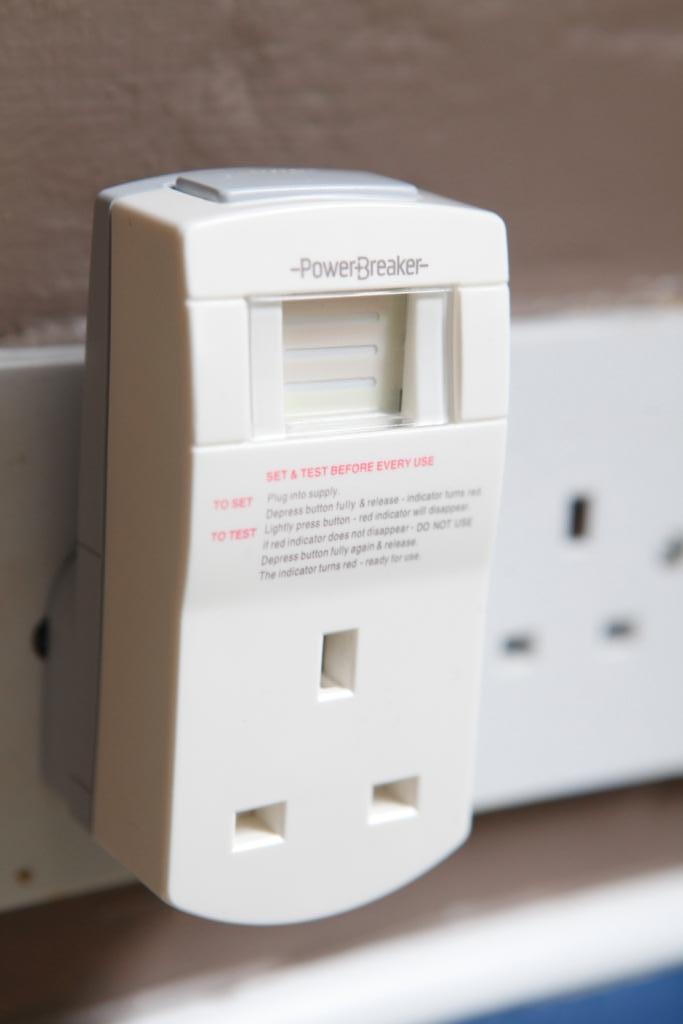publication date: Aug 14, 2010

New research commissioned by the
Electrical Safety Council shows just how little the UK thinks about
electrical safety:
- over half of us haven’t checked our electrics – or had them professionally checked - in the last 12 months;
- a third of us say we are not concerned about electrical safety and;
- almost 13 million homes in the UK do not have adequate RCD (residual current device) protection – which can save your life, protect against dangerous electrical shock and reduce the risk of electrical fires.
The
Electrical Safety Council has compiled their top tips for
electrical safety in the home.
Do:Check you have RCD protection – an RCD is a safety cut-out device which will protect you from
electrical shocks and fires. They are particularly important when using
mains powered tools or electrical equipment outdoors. You can check to see if you have protection in your consumer unit (another word for
fusebox) by looking for a red test or
"T" button. If this isn't there then installing a new
consumer unit will cost around £400; alternatively you can buy
plug-in protection for
individual sockets for under £10.
Check electrical items around your home – especially ones that are used
near water or in the garden such as hedge trimmers. Make sure they are
unplugged first and check:
- all leads, flexes and plugs for imperfections such as cracks and splits
- there are no exposed blue and brown wires coming out of the plug, and that the plug is not loose
- if you suspect something is unsafe, take it to your local hardware store and weigh up the price of any repairs against the price of a new item
Leave larger items to the experts – washing machines and microwaves are particularly dangerous as they contain high voltage pieces of equipment. Washing machines should ideally be checked once a year by a service engineer.
Don't:Wind leads around heated electrical items - such as
hair straighteners and irons, until they have cooled down. Heat can damage the
flex and increases the risk of a serious or
fatal electric shock.
Stretch leads too far. Leads/flexes attached to personal vanity products can become
damaged easily as people often
stretch them to reach their mirror - so move your mirror or take extra care to
check leads on these items regularly.
Attempt to clean electrical items whilst they're
plugged in. Whether it be your blender, toaster or a power tool, make sure it's
switched off before going near it with a damp cloth!
 New research commissioned by the Electrical Safety Council shows just how little the UK thinks about electrical safety:
New research commissioned by the Electrical Safety Council shows just how little the UK thinks about electrical safety: